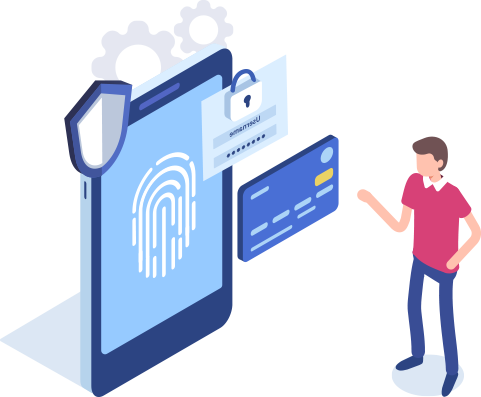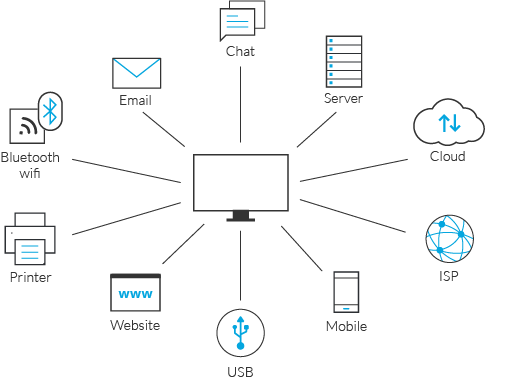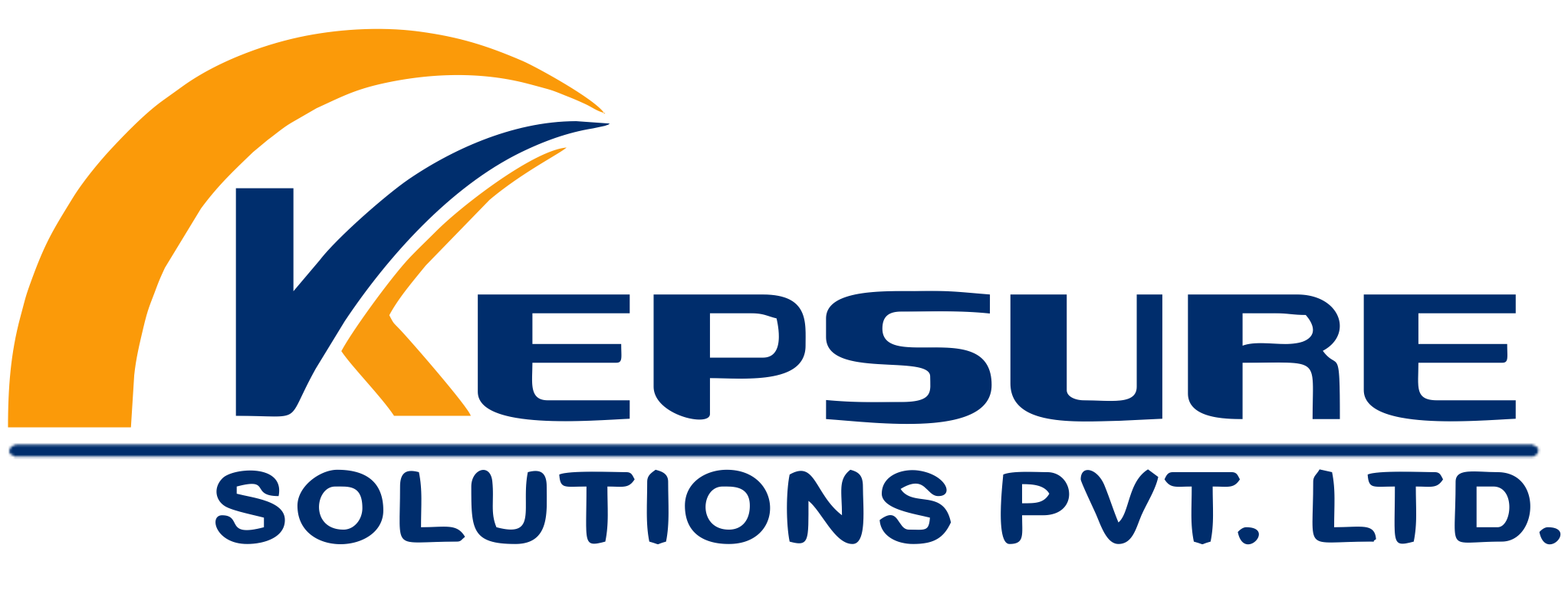Data loss prevention software detects potential data breaches/data ex-filtration transmissions and prevents them by monitoring, detecting and blocking sensitive data while in use, in motion, and at rest.


What is Data Loss Prevention
Data loss prevention (DLP) is a set of tools and processes used to ensure that sensitive data is not lost, misused, or accessed by unauthorized users. DLP software classifies regulated, confidential and business critical data and identifies violations of policies defined by organizations or within a predefined policy pack, typically driven by regulatory compliance such as HIPAA, PCI-DSS, or GDPR. Once those violations are identified, DLP enforces remediation with alerts, encryption, and other protective actions to prevent end users from accidentally or maliciously sharing data that could put the organization at risk. Data loss prevention software and tools monitor and control endpoint activities, filter data streams on corporate networks, and monitor data in the cloud to protect data at rest, in motion, and in use.
Why we need Data Loss Prevention for our organization?
When used in conjunction with complementary controls, DLP helps to prevent the accidental exposure of confidential information across all devices. Wherever data lives, in transit on the network, at rest in storage, or in use, DLP can monitor it and significantly reduce the risk of data loss.
Features of Data Loss Prevention




